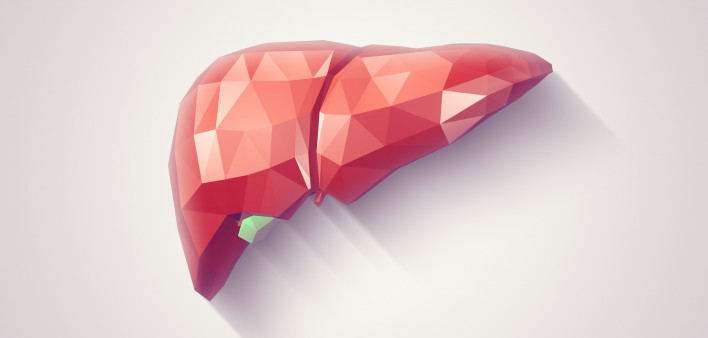People who cure their hepatitis C virus (HCV) with direct-acting antiviral (DAA) treatment may experience a regression in their liver fibrosis as a result, Reuters Health reports.
Publishing their findings in the journal AIDS, Spanish researchers conducted a study including 260 people with HCV who underwent DAA treatment, analyzing changes in their liver fibrosis according to the Fibroscan assessment method, also known as hepatic elastography.
A total of 246 people in the study achieved a sustained virologic response 12 weeks after completing therapy (SVR12, considered a cure) and were included in the study’s analysis.
Forty-two percent of the participants were coinfected with HIV. A total of 57.2 percent had advanced liver fibrosis. The median Fibroscan score among all participants was 11 kilopascals, indicating moderate fibrosis.
At the 12-week posttreatment mark, the participants experienced a median drop in their Fibroscan results of 2.1 kilopascals.
Forty percent of the participants experienced a significant drop in their Fibroscan score. Of those who started the study with advanced liver fibrosis, 52.3 percent experienced a significant drop, compared with 22.5 percent of those who started without fibrosis or with mild fibrosis.
After adjusting the data for various factors, the researchers found that the only independent factor associated with liver fibrosis regression after treating HCV was having a high initial Fibroscan score.
To read the Reuters Health article, click here.
To read the study abstract, click here.







Comments
Comments